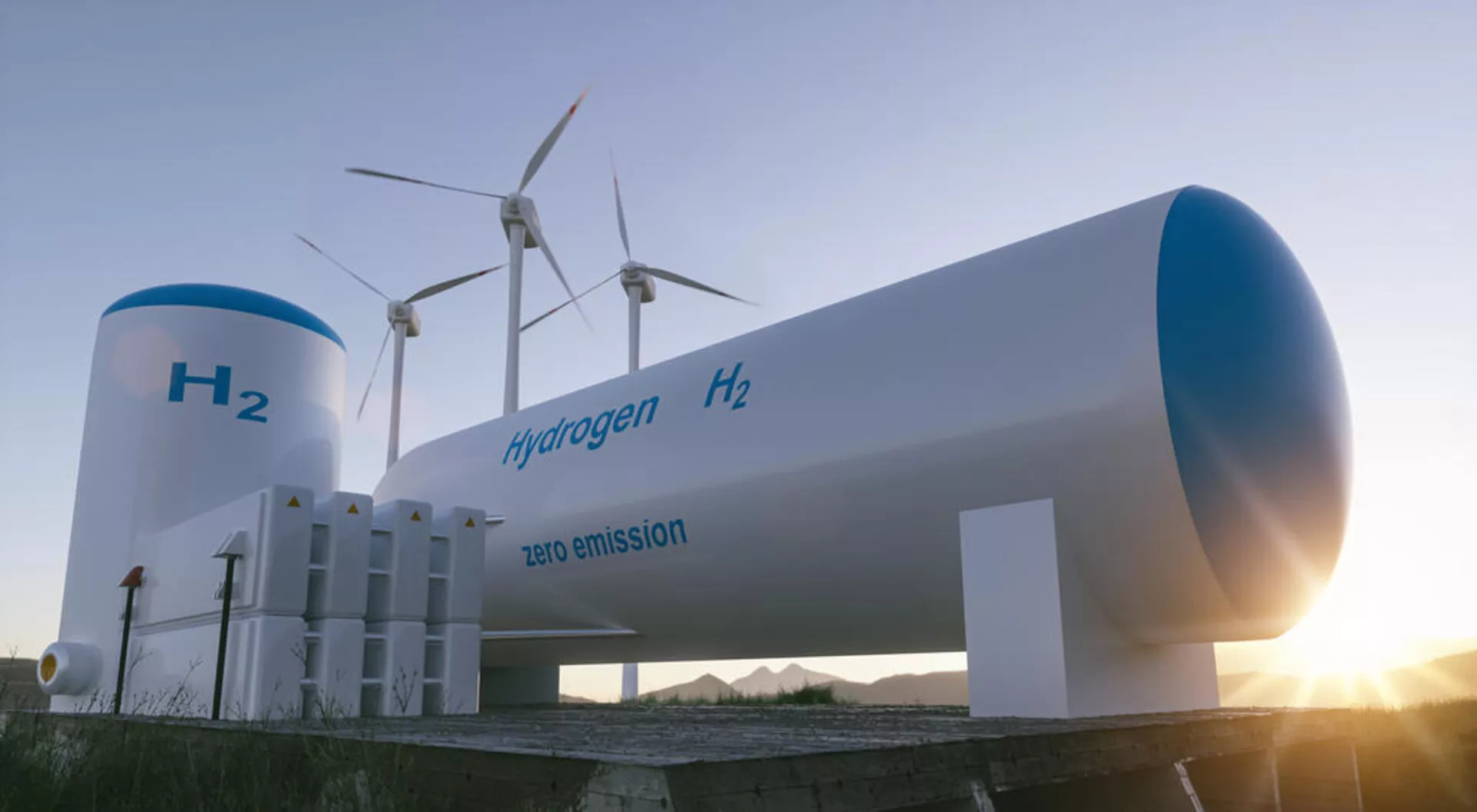
Energy expertise
Energy is one of the most important inputs for economic development of any country. The energy sector itself is experiencing accelerating evolutions, namely those to address the needs for cleaner sources of energy. Our experts in energy finance work to closely follow the evolving needs of our clients and emerging leaders within the energy transition framework. With a full continuum of energy expertise, our team leverages collective intelligence to drive new areas such as carbon capture, green and blue hydrogen and ammonia, battery storage, interconnectors as well as green refineries. Our ambition, underlined by the bank’s strong commitment to the energy transition, remains to be a pioneer and a leader in advising and financing across the enlarging energy spectrum to best support both client and societal needs.


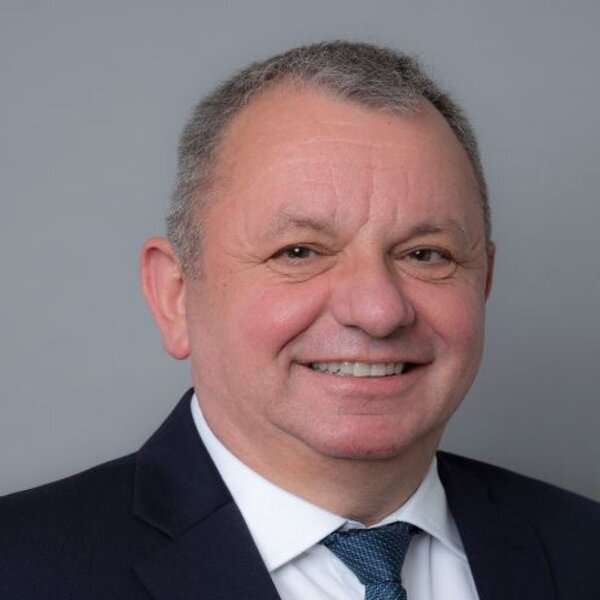
Allan has worked at Societe Generale for eight years and has been involved in the power sector for more than 30 years, initially as an engineer and then in finance. During his career he has advised on and/or financed power projects in Europe, MENA, the US and Asia, and in sectors ranging from green-field renewable energy, through gas and coal, to the acquisition of large international power portfolios.
Allan has extensive experience in the clean energy sector, including recently taking a leading role in the offshore wind sector. Most recently he has acted as Financial Advisor to a floating wind project, Dudgeon (400MW) and London Array (630MW) in the UK and the successful Borssele III&IV bid (700MW) in the Netherlands. He also advised an Asian client on the successful acquisition of an equity stake in a 900MW offshore wind development in Europe. In addition to his advisory assignments, Allan has been involved in arranging debt for several EUR1bn+ offshore wind projects in Europe.
In the wider clean energy sector, Allan has also played a leading role in carbon capture & storage field having advised on White Rose, Teesside Industrial CCS and Donn Valley projects in the UK, as well as serving on the UK Government’s original CCS Forum and leading the commercial section of the CCS Cost Reduction Task Force.
Allan has a BSc (Hons) in Mechanical Engineering, an MBA, is a Fellow of the Institution of Mechanical Engineers and a Chartered Engineer.
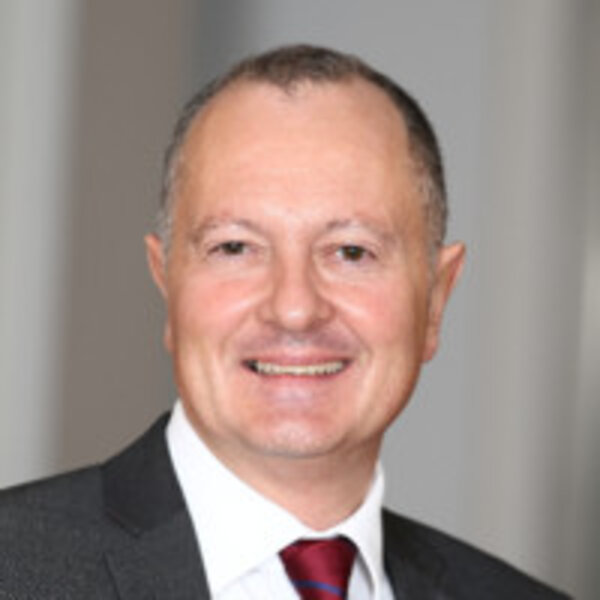
More information about the profile and career of Olivier Musset at Societe Generale
Hydrogen
Key facts & figures
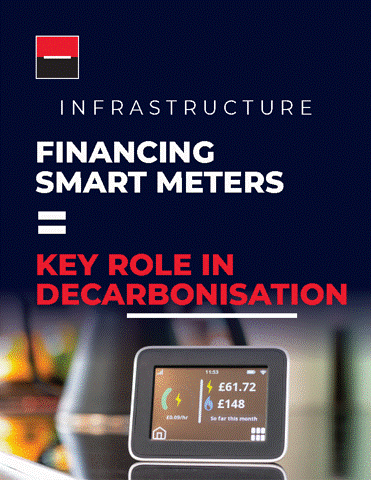
Following his participation to the Sustainable1 Summit 2023, Olivier Musset, Global Head of Energy, talks about the role that banks can play in scaling up finance for the energy transition and the opportunities and challenges faced by lenders.
The S&P Global Sustainable1 Summit, May 10, 2023
It's a very large question because we do a lot and I'm a strong believer when it comes to the energy transition, it comes to the real economy. And the role of the bank is really to finance the economy. That's the reason why I really do believe that we have a role to play. And even more so because we have always been very strong in Energy Finance.
And one of the big items for the transition is to convert our energy mix. My background is as a project financer. And there is a lot to be done because what we see is a need for immense amount of CapEx, capital expenditure to ensure that we convert heavy industry to low carbon solutions. Just to remember everybody about this amount of CapEx needed by 2030 according to IEA, which is USD 4 trillion to achieve net-zero ambition by 2050. It’s a lot of investment, 4 times more than what we do today. Everybody will have to be committed to deliver more. At Societe Generale, we had committed to deploy and to contribute USD 120 billion from 2019 to 2022, and we have now resized this commitment up to USD 300 billion from 2022 to 2025. It's just to show that there is an acceleration, and what we want is really to be part of this acceleration, to deliver more, because we need more if we want to meet the target of net zero by 2050.
The backbone of the transition so far has been renewables. A lot of investments have been directed to renewables, which is now a more and more mature industry. And we see more and more investment needed to build and commission more renewable projects. That's really the bulk.
Then we talk about a lot of diversifications to provide low carbon solutions. And there are many technologies which are in implementation, but not yet at scale. And here, I can mention green hydrogen or blue hydrogen, carbon capture sequestration, biogas, battery storage as well. So, you have a variety of technologies, which are there, which are not yet industrially tested at scale. And what we do for those technologies is really to advise developers to understand what the conditions for them will be to raise project finance money to build large-scale facilities. But we have not yet seen that many FIDs when it comes to this top-notch scale which will be required to deliver economy of scale.
I think it's really a key. When you look at what has been done so far to support the energy transition -- the underlying cash flow for 99% of the total is fully contracted cash flows. And I mean by that, that the projects or the companies are not exposed to a merchant price. They have a fixed price, or they are the mechanism by which they will not be exposed to change in pricing. And this is where you have a lot of support provided by governments, by regulators, to ensure that you provide stability over the long term for cash flow to be used to repay the debt. And this is in that sense that I see really this partnership. The government, the regulators have absolutely to provide stability in the regulatory regimes to provide developers with all comfort that they can deploy capital over a long period of time and get their money back.
I will say on that front and back to my point about the real economy, I think for the bulk of what we do, there is no innovation in financial products. The innovation has been more on sustainability-linked loans, green and sustainable bonds, which are now available for companies to direct their investment toward greener investment. And that's fine and is getting to a size which is very visible. If you think about green bonds, there were more than USD 1 trillion of green bonds last year, which is more than 10% of the total capital markets. So, it's quite huge over a relatively sharp period.
When it comes to renewables, this new technology, clearly, we are back to the traditional world. We are talking about letters of credit, project financing. That's really the world of yesterday, but it still applies because what we need is to finance Capex, and this has proved to be the best way to do that.
Innovation is crucial. Now when I look at innovation, I think we need also to define what we mean because sometimes we refer to innovation where I see scale up -- and I think it's what we have seen, if I take the example of renewables, we have seen a fantastic scale up.
We had a turbine of, let's say, 1 to 2 megawatts (MW) 20 years ago. And now we are talking about 15MW at some point in time, maybe 20MW turbine for offshore wind. So, we can see that it's multiplied by almost 20, over a relatively short period of time. So, innovation, clearly, plays a role. But what I see is really the effect of the scale-up. So, we go step by step.
Banks are not going to change their credit appetite for something which is not fully tested. It would be a recipe for disaster, this is not sustainable. So, we must apply our common due diligence and get certain that these types of projects are going to be commissioned.
When it comes to new technologies, if I take hydrogen or carbon capture, nobody can tell that they are new technologies. They have been used at many places, and they have proved to be highly reliable. The key item is that we need to scale up them. They are too small. 10 MW, 100 MW green hydrogen projects are not enough when you see the total production, which must be achieved over 10, 20 years, it doesn't work. We must move to the gigawatt scale. And this is where we need a lot of progress step by step, innovation, for sure, and efficiency gain to reach that 1 GW score. And for carbon capture, it's the same.
So, it’s a combination of all these small innovations, which might get us to deliver the net-zero. There are still areas where we are yet to see development. And I'd like to flag, for example, solid oxide for electrolyzer. There is also direct air capture, where we can see also great development sooner or later. You also have chemistry of carbon dioxide so-called “green fuel”, which is a fantastic area of innovations.
If we can combine carbon dioxide with green hydrogen -- this is a fantastic goal. We capture CO2 and we use it to produce fuel, green fuel. So, I think there are still areas which are already a game changer and might give us the ability to deliver the net-zero. Let's be honest, there is a slow start. We are not on the trajectory. And by 2030, we are unlikely to get there. But with this type of innovation, which are crucial, we might catch up and even take over to recoup the excess we produce before 2030.
What we are doing is a lot of due diligence. One example: we financed and advised the first ever floating offshore wind project, in the south of France. So, we acted as advisers and lenders to this project. It's not easy to tell your credit committee: “Guys, we are going to finance something which is 100 meter high and floating with the forces of the wind or the rotation of the blades with the waves of the sea. You could say, guys, I know it's a bit crazy. -- we are not going to do that. I think through a lot of studies, a lot of due diligence, you get to a point that you can get comfortable that this is ready to work.
First, they are very often prototypes, smaller-scale prototypes, proving the technology. And then you are back to the scale-up discussion. Are we right in our scale-up design, and we manage on this specific one to get comfortable. And as there are now plenty of projects over the globe for other floating projects, I am pretty sure that banks are going to get comfortable because developers are themselves comfortable as they are going to invest their equities, their time and work. And I do believe that at the end of the day, we should deliver a new segment in the renewable industry, which is the floating offshore.
The one we are currently advising is a developer of green fuel in the U.S. Their goal is to capture CO2 to produce renewable and launch a processing of carbon dioxide and hydrogen to produce a variety of hydrocarbon.
And so, this type of thing is in preparation. We have also a couple of advisory mandates in carbon capture. We have a couple of them in the U.K. We have green hydrogen project also being advised by us in Australia, in the U.S. or in Europe. So, across the board, we are at the stage of advisory. So, a lot of studies, a lot of discussions, a lot of assessments to ensure that when we propose this type of opportunity to banks, banks are going to be able to approve these various technologies and projects. But when I look at them, we see that we really are already at the start. We are already at the start of a big wave of investment, but which will probably be coming later, by 2028 or 2030.
Inflation is a big issue, for all stakeholders. Put yourself into the place of a developer: you want to develop something and then suddenly, when you wake up, your estimate is now a plus 20% compared to what you had in the past. It no longer works. It means that you have no longer projects. It means that you have to come back to your contractor to renegotiate maybe some savings. You have to talk to your off taker because you want to have a higher price for the product you produce. Your financier, your bank is going to ask you for a higher interest rate because of the underlying index having raised.
So, a lot of features, which mean delays. And, to me, the point of convergence for all this negotiation is time. You need time, so you need to rework on many aspects of your project, and we are facing delays.
We have not seen really a default because most of the time, the projects we finance have already locked lump-sum prices. And so, they had the financing plans meeting their outstanding needs. But for new projects, clearly, what I see is unfortunately delays. Three years ago, nobody was thinking of an inflation higher than 2%. Now this time has gone.
And clearly, we want to see sensibilities analysis, showing that whatever the project is going to be resilient through a high inflation scenario.
It's not going to help. But I think that we are so committed to deliver these various targets that we continue to feel extremely confident. There is also a couple of good news: I’m referring to, for example, the Inflation Reduction Act. This was a game changer at the time of the inflation. And if you think about the name Inflation Reduction Act, it means that these projects were no longer feasible in the U.S. and that by the effect of this change of fiscal regime, they are back in the row and they can come to raise finance in a sustainable way.
I would say what we see clearly is a wave of prospect. The activity is really booming in many directions. As of today, the IRA is not yet implemented. There is still a need for a series of decrees to make it applicable. And there are still a lot of questions about the tax credit and the way it's going to work. It4S still in the making, but we are getting there.
But what I see is that in preparation of the implementation of the IRA, there is a strong willingness to direct investments towards the U.S. because this is where you can get the higher return on projects by far. You have lands available, low sources of energies, low price of energies, manpower, ai a whole ecosystem which is highly favorable to launch this type of investment. So clearly, we see our American platform as being a growing platform.
We might see more investment, but I would not expect it to be in the same order of magnitude compared to what we see in the U.S.
First, each time there is a new directive at the EU level, it has to be implemented locally in each European countries in compliance with the directive. So, we will see how it is implemented and it will take time.
Again, we are talking about something, which is not yet known as a matter of fact, whereas in the U.S., as of today, we see exactly the shape it’s going to take. So, therefore, as an investor, time is money. You want to go quick because you want to be a first comer in many of these sectors. So, where you go, you go where you can get the best immediate return, which is clearly in the U.S.
The one thing that we have not touched upon is the fact that we invest a lot of time to train our people, so it's a change of mindset. What you want is for people to be fully embarked into the journey because we have a commitment to be net-zero by 2050. So, it's quite important to embark all your staff, for them to really understand that it's a common goal and that we are pretty committed to go in that direction.
We have set a couple of targets for 2025 for 2030 in terms of reduction of our upstream portfolio by 25, also our Scope 3 exposure to upstream by 2030, minus 30%. So, there is a lot of short-term commitment demonstrating that we mean what we say with short-term target.
Success stories

Powering more than 60,000 homes during record-breaking heat in Arizona
Vast solar and energy project helps Arizona satisfy its rising demand for reliable, clean energy.
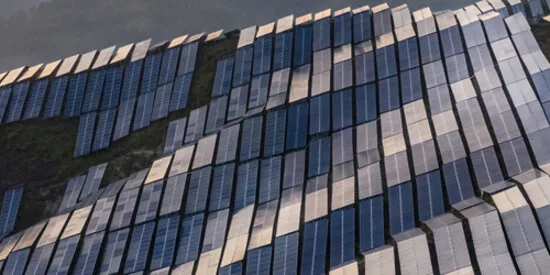
Japan: Lighting the way for the energy transition with a ground-breaking solar project
A first-of-its-kind solar project in Japan could serve as a template for the use of virtual power purchase agreements*...
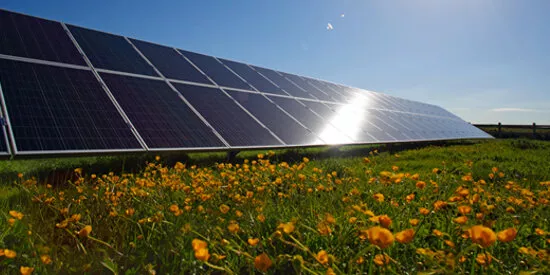
Radiating renewable projects in Spain
X-Elio, a global leader in sustainable energy development, was recently supported by Societe Generale to finance three...
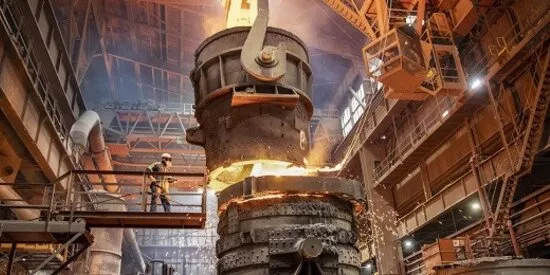
Steel production: replacing coal with green hydrogen
H2 Green Steel, the first large-scale project in the green steel sector, recently announced completion of a financing...
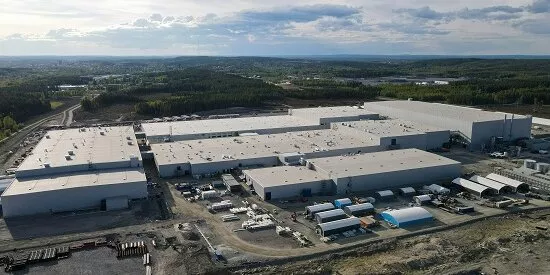
A gigafactory to produce greener batteries in Sweden
As Europe transitions to electric cars and, with the end of sales of new internal combustion engine cars in 2035, the...
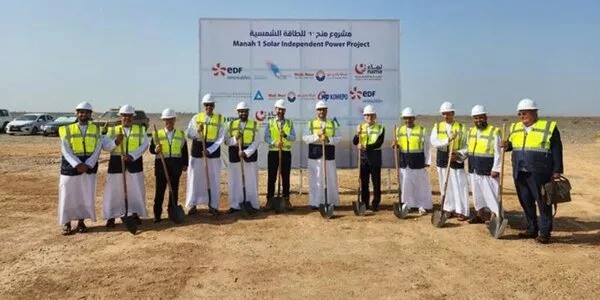
Largest solar photovoltaic project underway in the Sultanate of Oman
The Manah 1 project, in line with the “Oman Vision 2040” will increase power generation capacity through renewable...
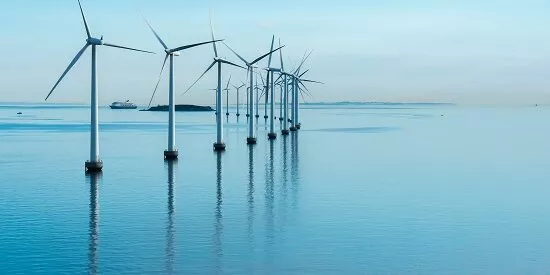
Propelling the future of UK offshore wind growth with Masdar
A rapid shift to renewable energy is crucial if the UK is to meet its climate change goals. Wind power is key to...
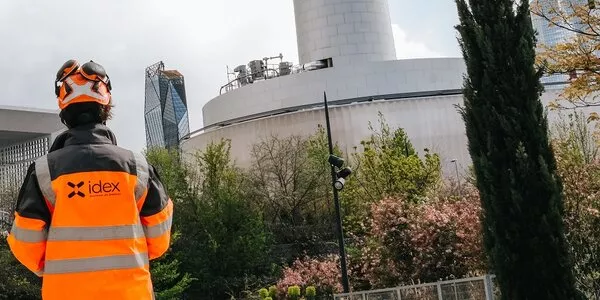
Supporting the French leader in local low-carbon energy
By harnessing local and decarbonised energies, IDEX plays a pivotal role in driving the energy transition.
Our Experts' Views
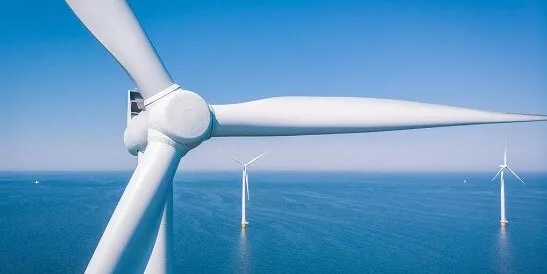
Milestone for French offshore wind
The Dieppe/le Treport, Iles d' Yeu/Noirmoutier wind farms represent a major milestone in France's development of the...
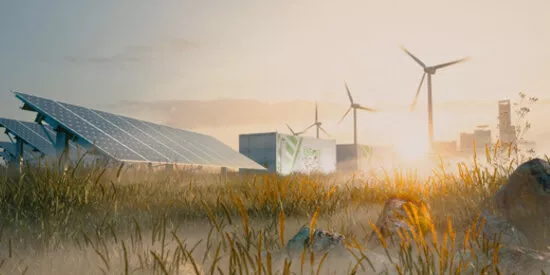
Renewing India: an energy transition that is well on the way
Every country is striving to reach net zero carbon emissions in the coming decades. But not all of them face India’s...
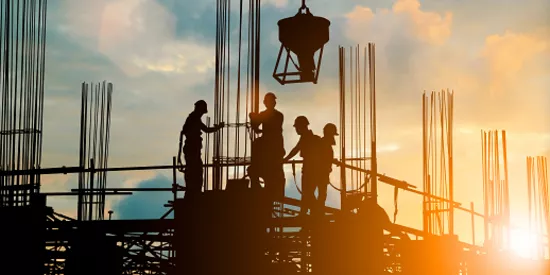
Innovation and partnerships to unlock sustainable investments in Africa
Matching Africa’s natural and human capital with financial capital is vital for its sustainable development. Societe...

How smart meters are helping Australia embrace a new energy future
Australia’s rollout of smart metering solutions is a template for upgrades to energy networks in Asia Pacific
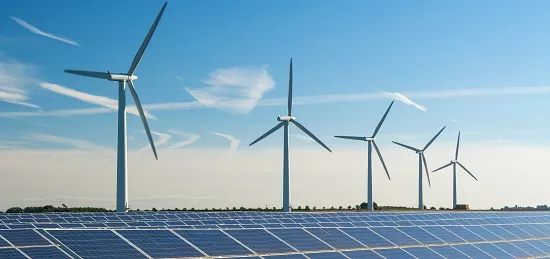
In green-subsidy race, energy companies are beginning to respond
By Brendon Moran, Co-Head of UK Corporate Coverage & Senior Banker (Energy, Natural Resources & Utilities)

Why hydrogen is attracting renewed investor interest
Is clean hydrogen about to take off? With strong policy signals in the US and EU, institutional investors are beginning...
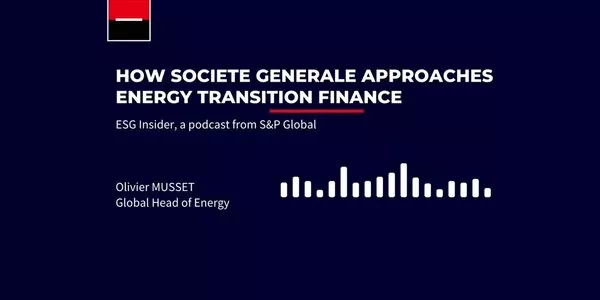
Listen to "How Societe Generale approaches energy transition finance" a podcast with Olivier Musset, Global Head of Energy
Corporates, investors, analysts, and academics gathered in Paris on May 10, 2023, for the S&P Global Sustainable1 Summit...
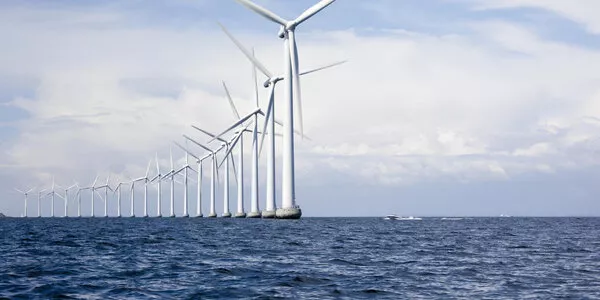
0ffshore wind power: a challenge for the energy transition
With the French law adopted on 10 March 2023 on the acceleration of renewable energy production, offshore wind farm...
Awards and Rankings

Societe Generale awarded 6 TXF Perfect Deals of the Year Awards and topped 2023 Export Finance League Tables
Societe Generale has been awarded 6 TXF Perfect Deals of the Year Awards 2023!
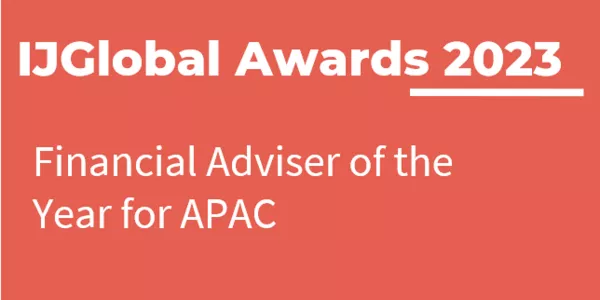
IJGlobal Awards 2023 for APAC
Societe Generale rewarded for APAC plus numerous "Deals of the Year"
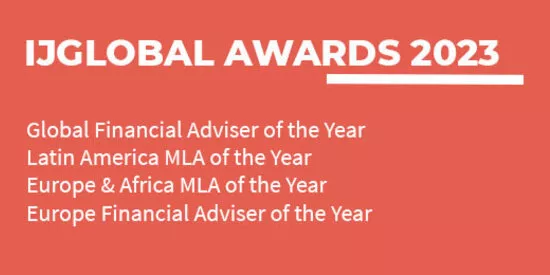
IJGlobal Awards 2023
Societe Generale has been awarded several House Awards plus Deals of the Year
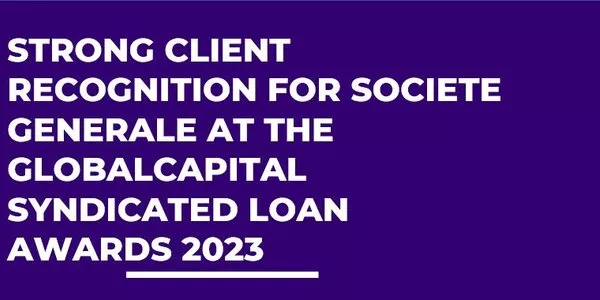
Societe Generale awarded "Best Arranger of Project Finance Loans" + several Deals of the Year at the GlobalCapital Syndicated Loan Awards 2023
Strong client recognition for Societe Generale at the GlobalCapital Syndicated Loan awards 2023